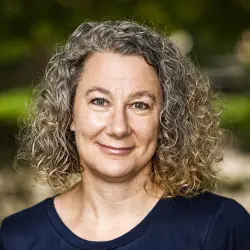Low-income residents of Washington, D.C. are in poorer health and have less access to regular medical care than more affluent residents. A citywide community health worker program could increase primary care visits among low-income residents, improve their health and reduce potentially avoidable emergency department visits and hospitalizations. Community health workers (CHWs) are trusted and well-trained community members whose backgrounds are similar to those they serve, and who provide health education, links to health services, and support in managing health conditions. CHWs serve communities with cultural, linguistic, or economic barriers to health care services. A growing body of research suggests that CHW programs improve access to primary and preventive care, reduce emergency department overcrowding, and are cost-effective.
A citywide CHW program could be integrated into the Medical Homes D.C. Area Health Education Center (AHEC), part of the D.C. Primary Care Association. The Medical Homes AHEC would coordinate the training and placement of CHWs in community health centers, hospitals, emergency rooms, and managed care organizations. The program should start on a modest scale, training and employing 10 to 15 students in the first year. Starting small will allow the program to devote adequate time to recruitment, curriculum development, job development, obtaining feedback and buy-in from health care providers, and fund-raising for ongoing program support. A citywide CHW program would cost an estimated $900,000 over the first five years.


